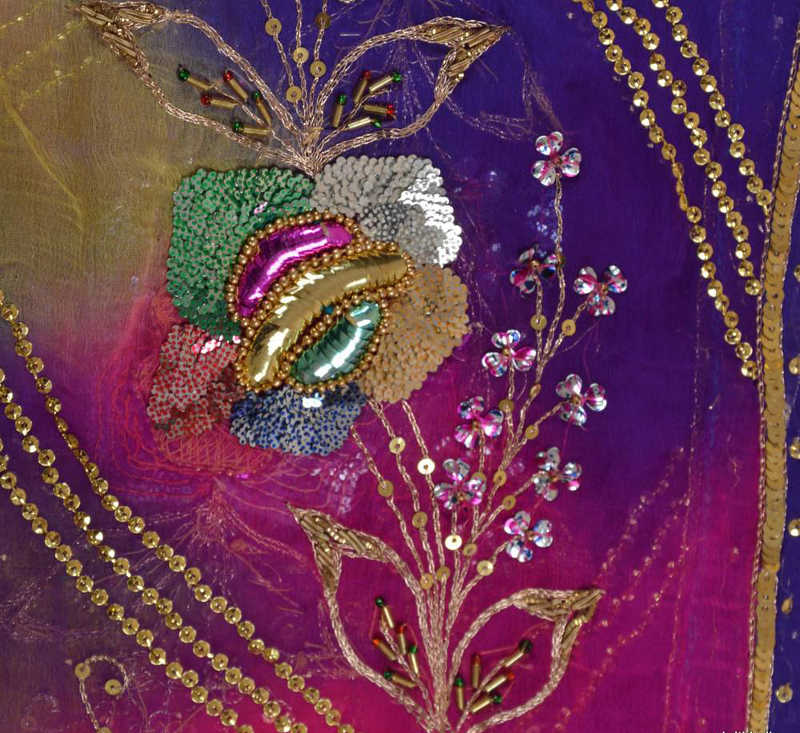===
1504,
3
===

=== |
 |
vaṣf : 'Describing; declaring; praising; —description, expression of qualities; praise, encomium; attribute; epithet; quality, property; —merit, virtue, worth'. (Platts p.1195)
kār-gużār : 'Skilful in business, expert, expeditious; industrious; attentive, dutiful; —a skilful, or an expeditious, worker, &c.'. (Platts p. 799)
FWP:
SETS == BHI
MOTIFS
NAMES
TERMSThose who hold the 'battlefield of passion' are those who have won it, at great risk and perhaps at great cost. They are thus the doers of deeds, the high achievers. Constantly risking death is the kind of 'adversity' that only they can sustain. But wait-- does aisī muṣībat necessarily refer to dying? Perhaps the ordeals faced in the course of their lives by lovers on the 'battlefield of passion' are such that death would be a sweet relief by comparison. Perhaps that's why they are inclined, among themselves, to devote 'much praise' (see the definition of vaṣf ) to the prospect of death?
For an example of 'such adversity' other than death, we need look no further than the very next verse in the ghazal [{1504,4}]:
dil hai dāġh jigar hai ṭukṛe āñsū sāre ḳhūn huʾe
lohū pānī ek kare yih ʿishq-e lālah-ʿiżārāñ hai[the heart is a wound; the liver is fragments; all the tears have become blood
to make blood and water one-- this is passion for the tulip-cheeked ones]